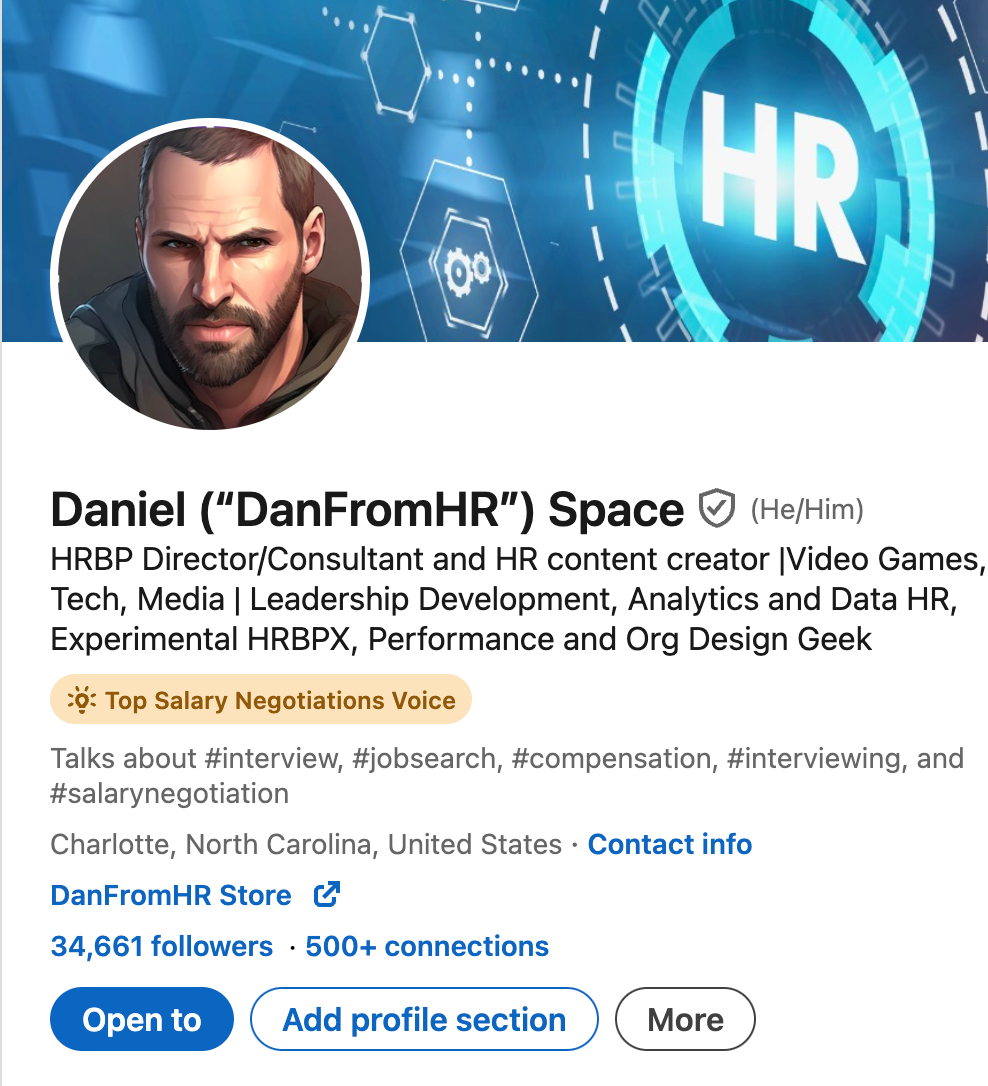
Balancing Soft and Hard Skills on a Resume
One of the questions I'm frequently asked is how to portray "Soft Skills" on a resume I don't really love that term, but I recognize the importance of calling out your technical and professional skills.
A strong resume demonstrates both your technical expertise (hard skills) and your interpersonal abilities (soft skills). While hard skills, such as proficiency in software, programming languages, or data analysis, are often easier to quantify and list, soft skills like communication, leadership, and problem-solving are equally important. Employers want candidates who can not only perform specific tasks but also collaborate effectively and adapt to different work environments. Striking the right balance between these two types of skills is key to presenting yourself as a well-rounded candidate.
When showcasing hard skills on your resume, it’s important to go beyond simply listing them. Instead, emphasize how you’ve applied these skills in real-world scenarios. For example, rather than stating “Proficient in Python,” you could say, “Developed Python scripts to automate data analysis processes, reducing manual workload by 30%.” This approach highlights both your technical ability and the impact it has had in previous roles. Always look for ways to tie your skills to measurable outcomes that demonstrate their value.
Incorporating soft skills, however, requires a more subtle approach. Rather than listing “team player” or “excellent communicator,” illustrate these qualities through your achievements. For instance, you might describe a project where you led cross-functional teams to complete a complex initiative or a situation where your negotiation skills helped resolve a client issue.
By embedding soft skills in the context of your accomplishments, you show employers how those skills contributed to your success, making them more compelling and relevant to the role you're applying for.
- Choosing a selection results in a full page refresh.

